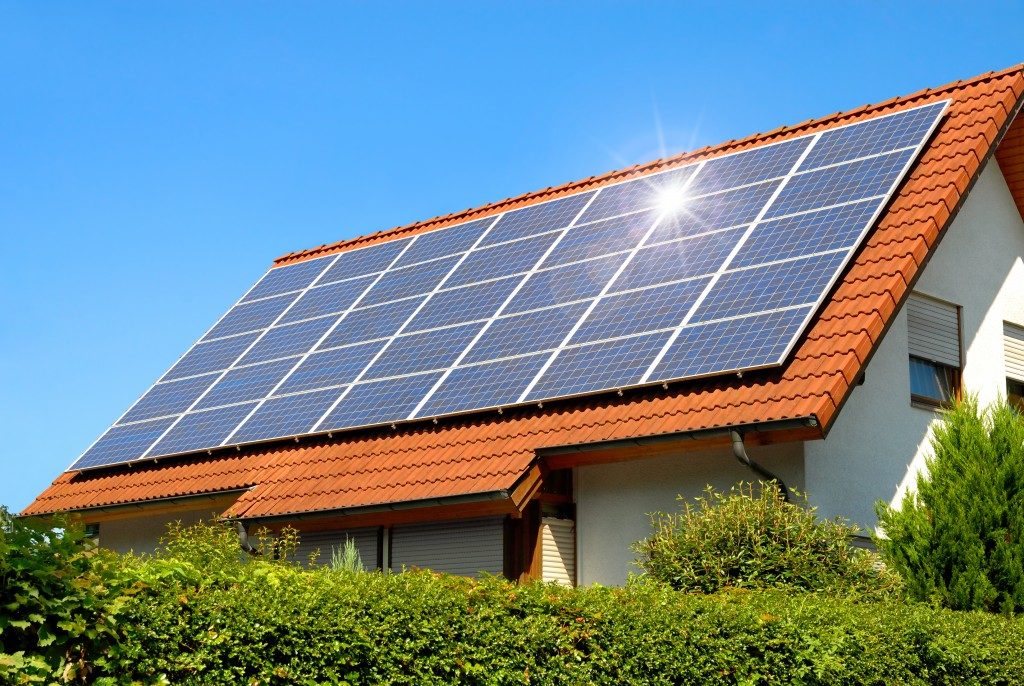Is climate change enough of a motivation to make you go solar? Probably not. However, installing solar panels in your house has a more tangible benefit — one that you can see and count in dollars. Today, residential solar energy systems aren’t a novelty anymore, and many Americans are counting it as an investment.
It’s Affordable
The price of solar panels has been continually dropping. The technology has also advanced, making them more efficient and durable. Modern solar panels will typically last 25-35 years, with no severe loss of electrical production. The government still offers a 30 percent federal rebate, cutting the cost of a 7-kW system to $14,000 and a 4kW system to $8000. This is aside from any other incentives provided by the state. The average American home consumes 1,000 kWh per month at the cost of around $100. A 7-kW solar energy system can cover that electrical consumption as well as produce a little extra for the grid. More frugal homeowners and retirees can probably make do with just a 4-kW system. With 5-year financing, a 7-kW system will only cost $250 a month, and a 4-kW system will cost $150. Minus the savings you get on your monthly electric bills, you’ll be paying around $150 on a 7-kW system and $50 on a 4-kW system. You can further bring down the cost by opting for a 10-year or 15-year financing term, covering your payments with the savings you get on your electric bills.
It Pays for Itself
Even if the cost seems a bit high, a solar energy system pays for itself and more. Once you’ve fully paid for your panels, you’ll be racking up savings on your electric bills for another 20-30 years; that’s $100 a month, every month for 20-30 years or more. You’ll be recouping your investment in the next five years (fewer if you opted for a 4-kW system) and then you’ll be earning $1000 or more in savings every year after that. Of course, some states can benefit more from solar power than others. States like Utah and Colorado, benefit from the elevation, while countries like Miami and North Carolina benefit from the lack of snow. Some states also have additional incentives to go solar, further dropping the cost of solar panel installation. While there might be several factors governing the economic viability of solar panels, 25-35 years of use will guarantee that they pay for themselves and make you a profit.
No Future Worries

Climate change can affect the future of the planet, but changing government policies will affect the price of electricity. Generating your power insulates you from drastic changes in the electrical market — maybe even increase your savings if electrical charges go up. If you get big negative numbers on your electric bill, you might want to consider getting an electric car to maximize your energy use. That way, you eliminate your need for gas, which consistently goes up in price every year.
Solar panels are practically free. They are investments that pay for themselves in 10 years or less and will continually provide $100 or more in savings a month for the next 15-25 years.



